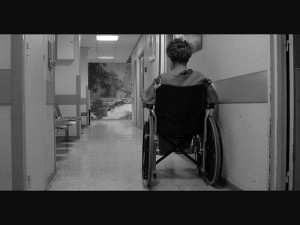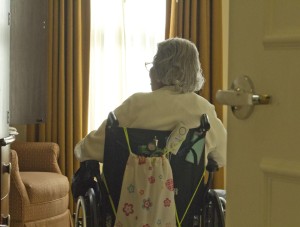Do you have an aging parent who will soon be transitioning into life in a nursing home or assisted-living facility in Solano County or elsewhere in Northern California? Or is your elderly parent already residing in a nursing home in the Solano County area? Family members are often in the best position to recognize changes in their elderly loved ones that can point to nursing home abuse or neglect. Accordingly, it is essential to stay up to date on warning signs of abuse and neglect in California nursing homes and assisted-living facilities. What do you need to know? Consider the following information from our Solano County nursing home abuse and neglect lawyers.
Know the Different Types of Elder Abuse in Northern California Facilities
Nursing home abuse in Northern California can take many different forms. While many people often think only of physical abuse, there are actually many kinds of abuse that do not always have obvious physical signs. Types of abuse that can occur in nursing homes in Solano County and throughout Northern California include the following:
 California Nursing Home Abuse Lawyer Blog
California Nursing Home Abuse Lawyer Blog


















